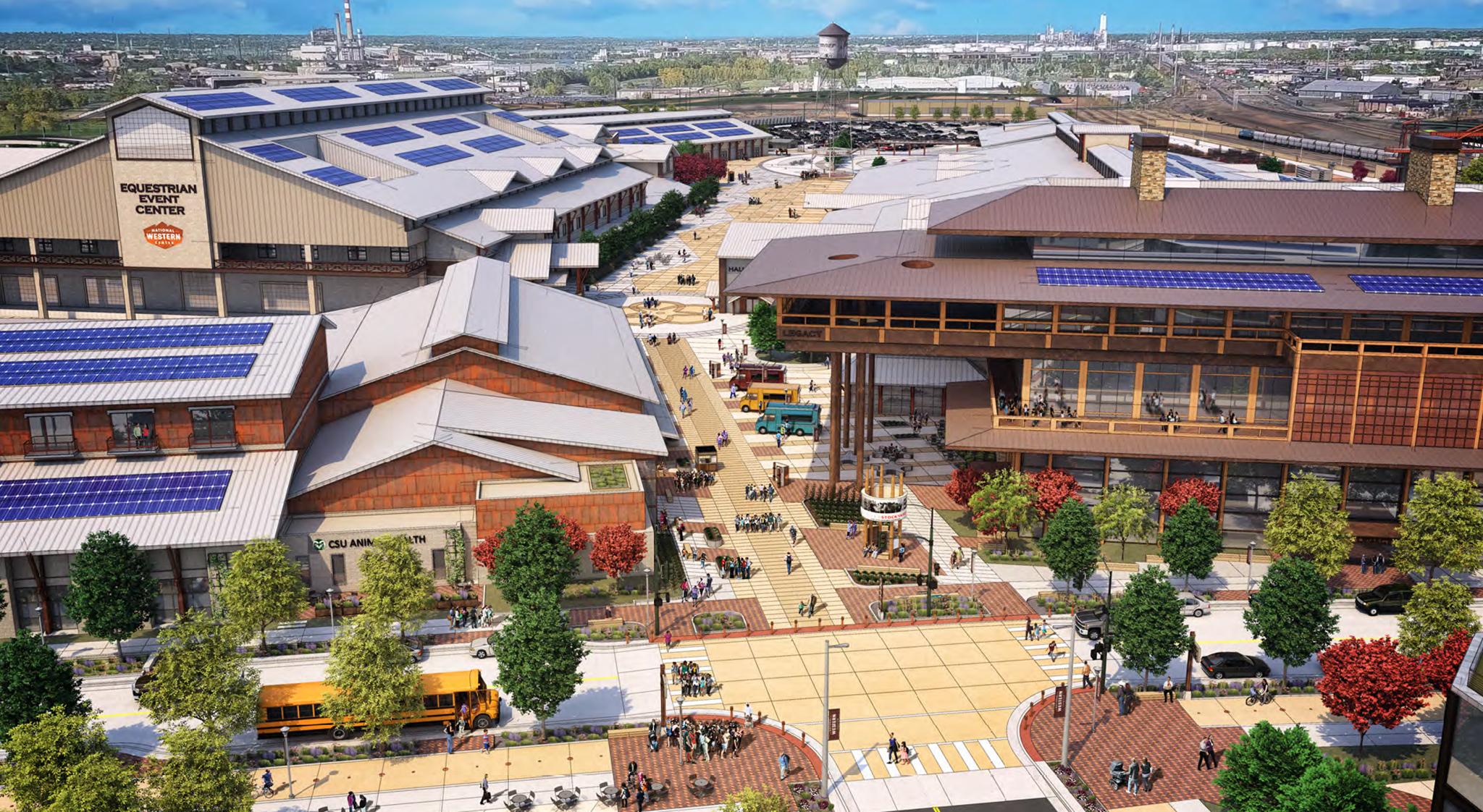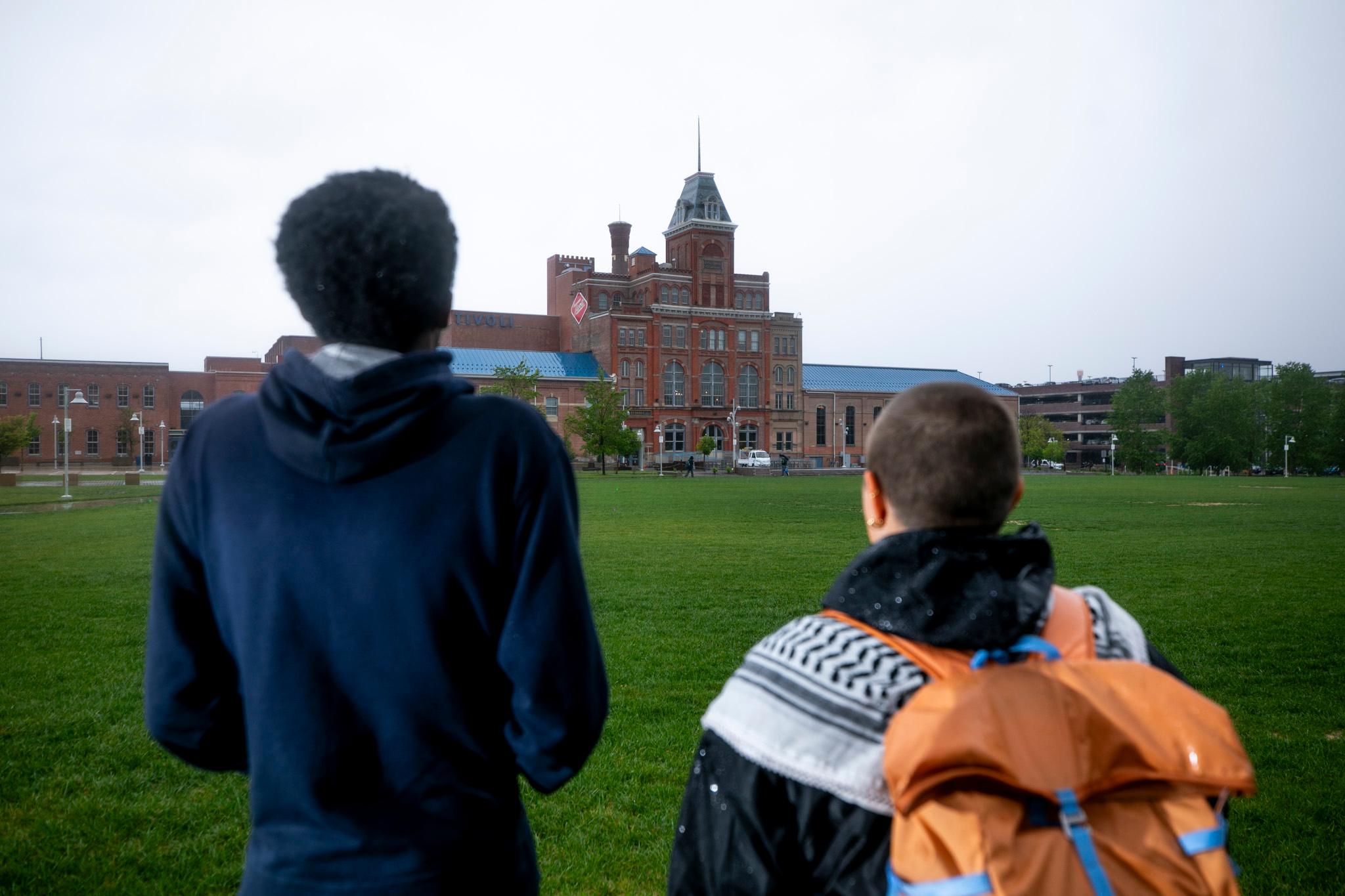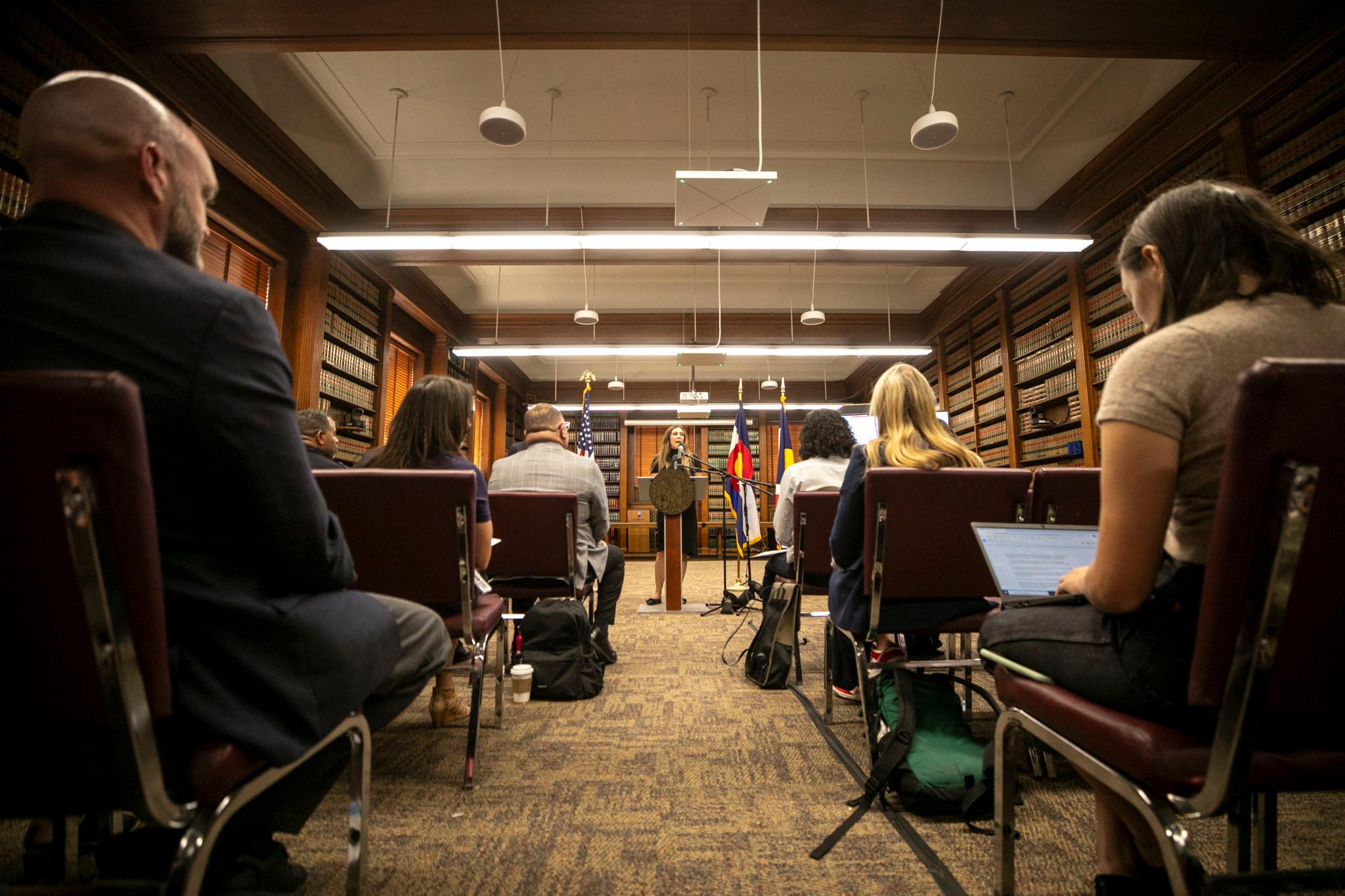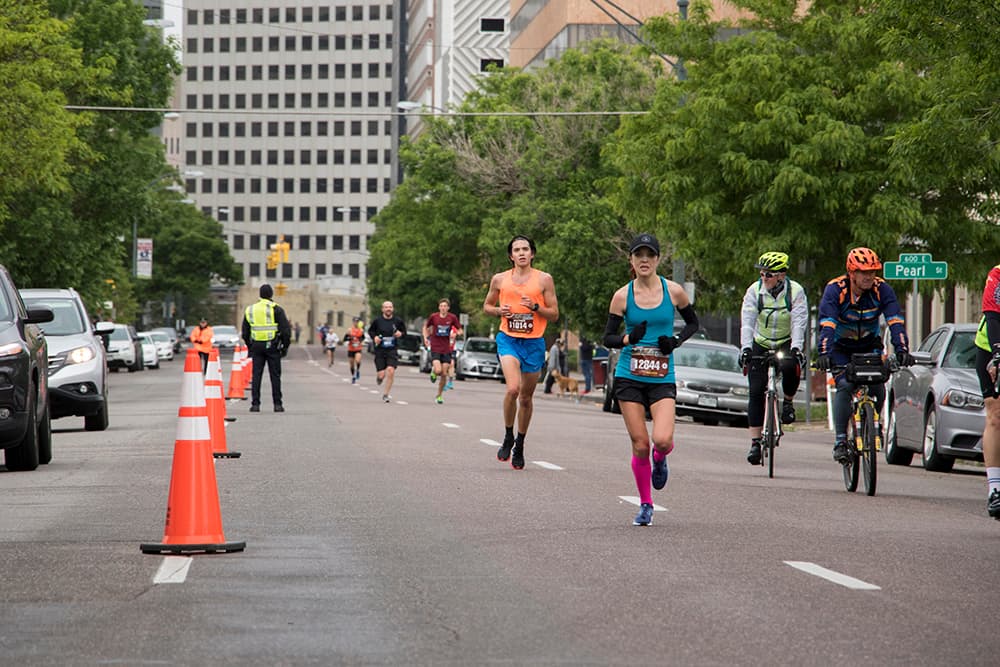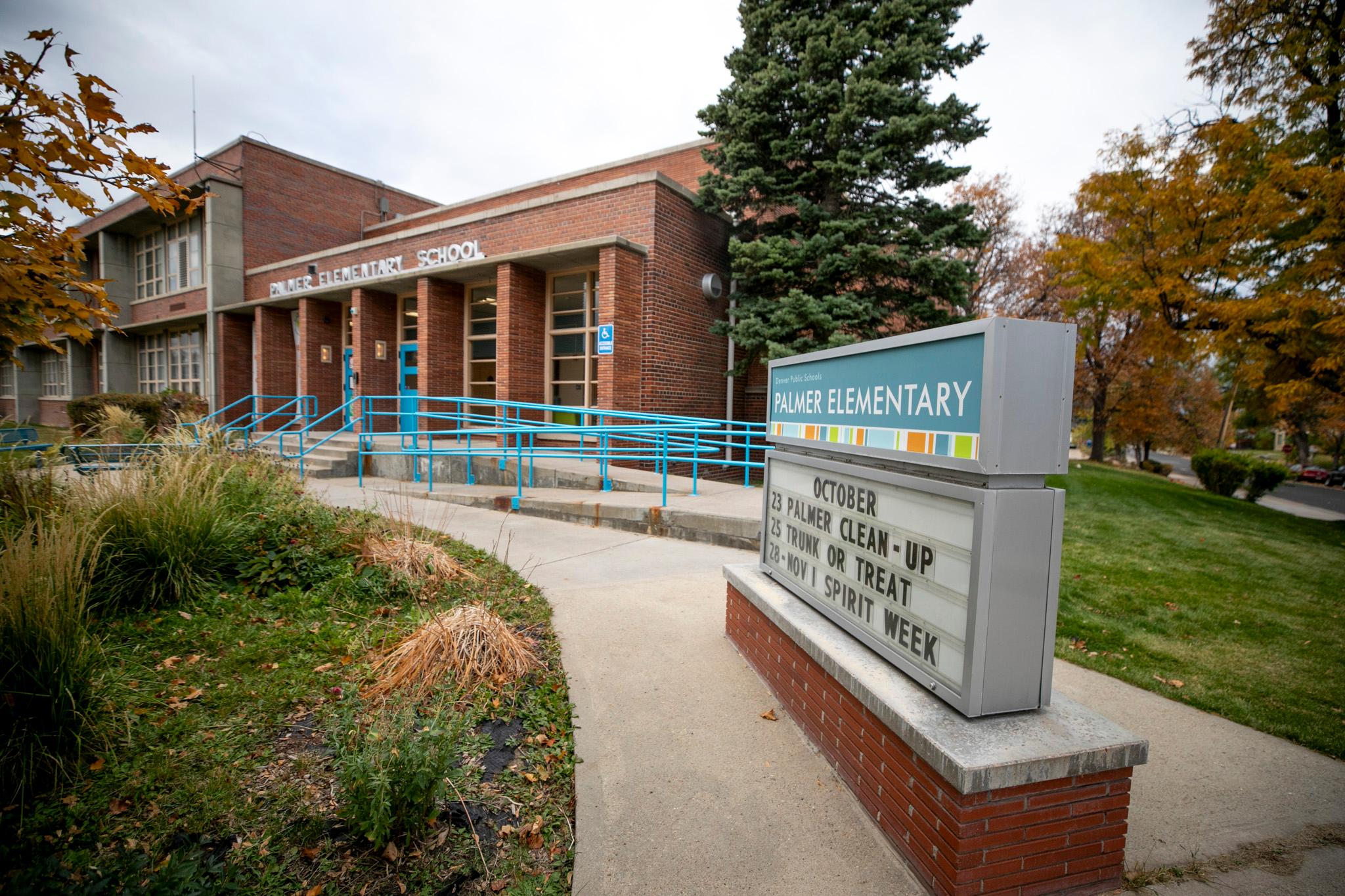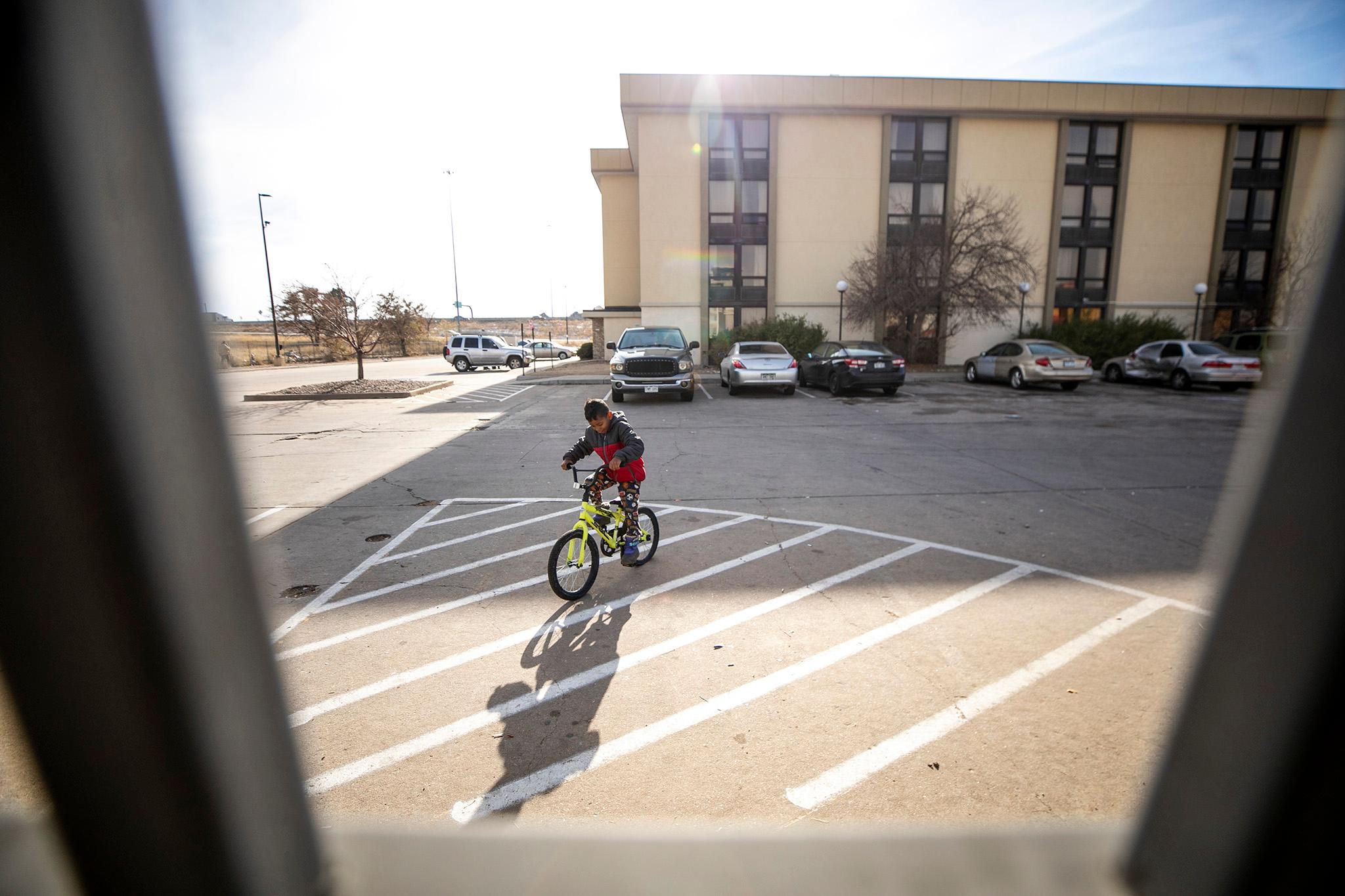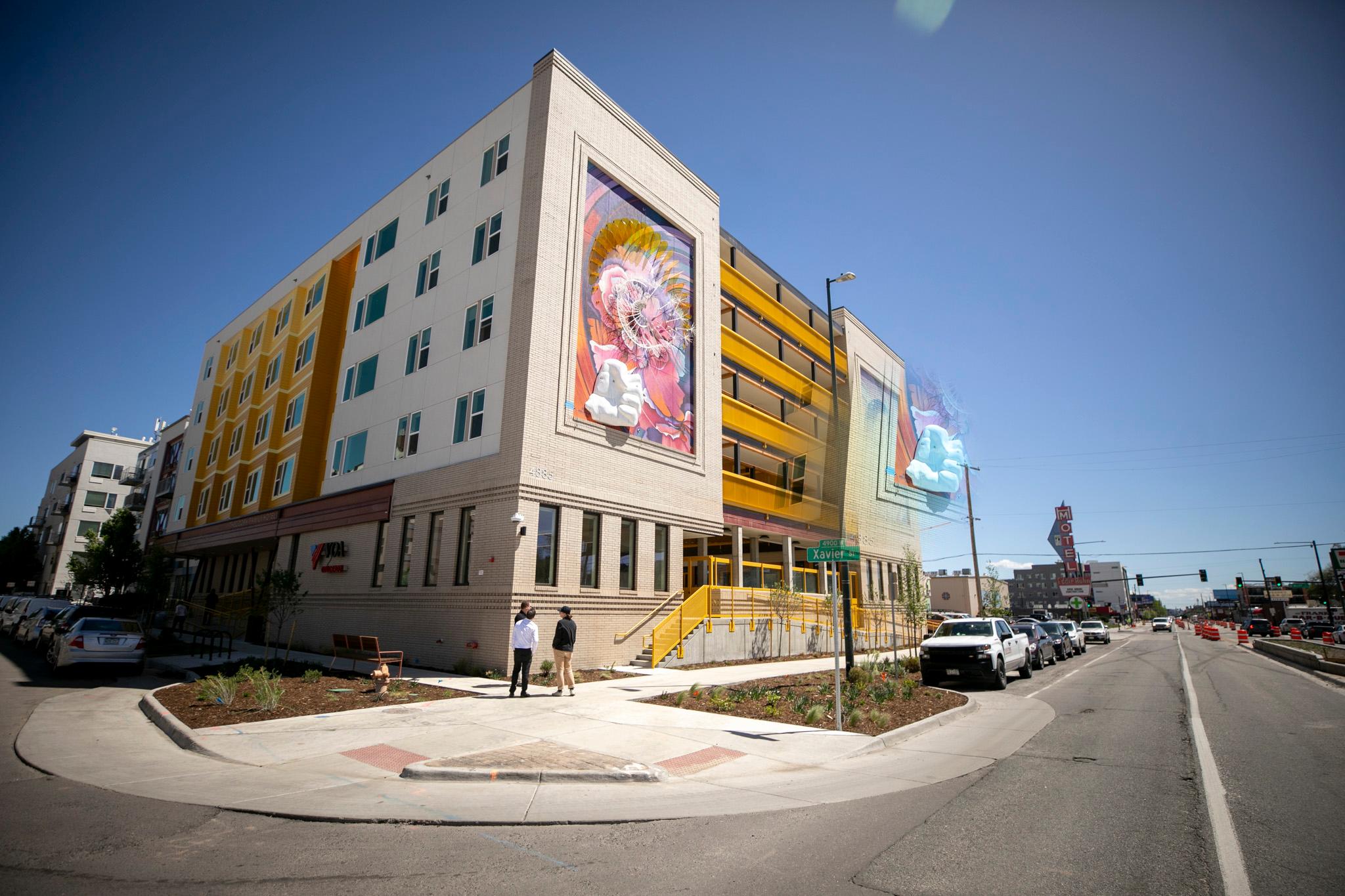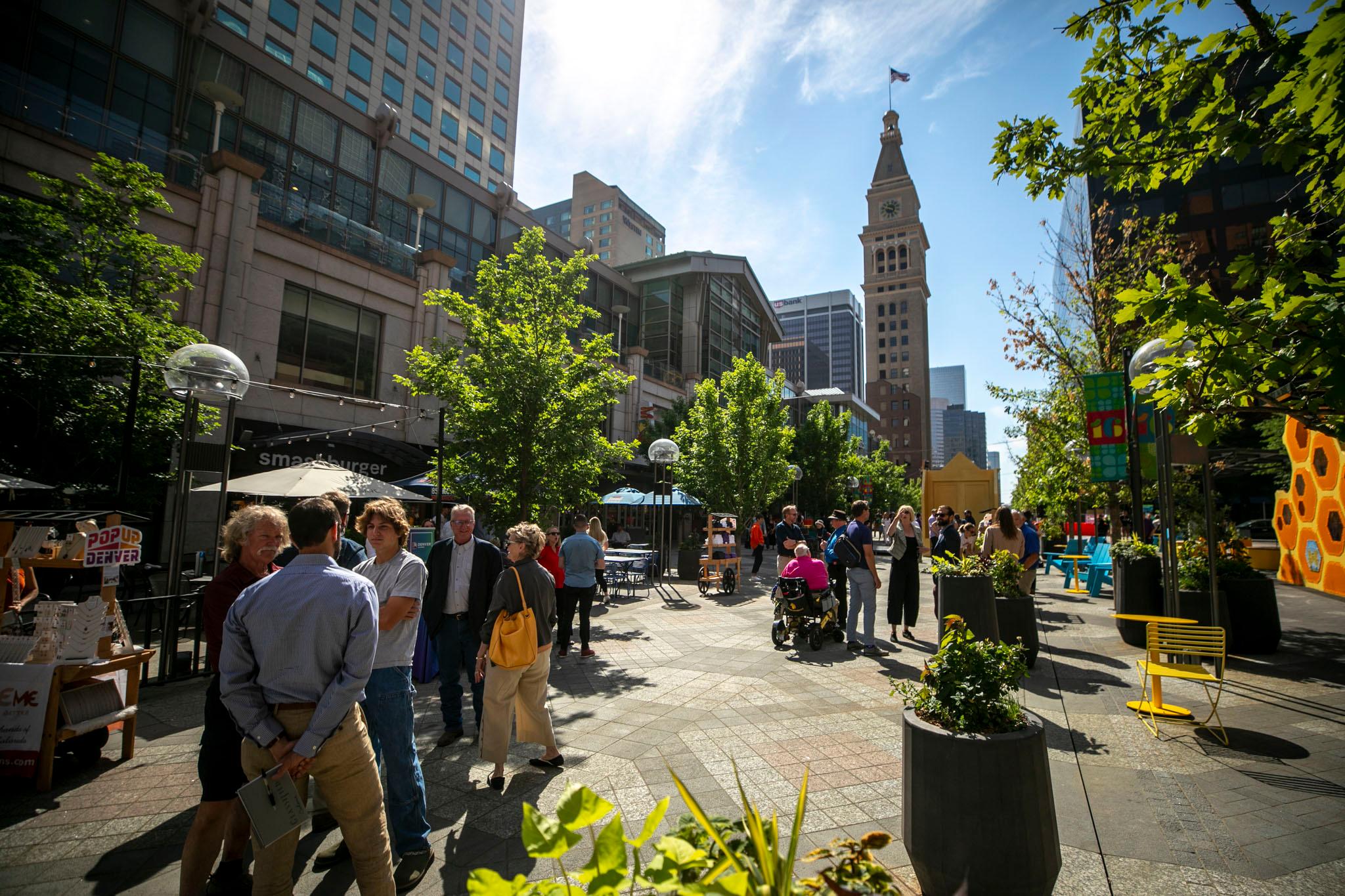A crucial portion of Denver's massive National Western Center campus remodel is on hold following a steep dive in the lodger's tax, which is expected to fall more than 62 percent this year, according to the latest projections from the city's finance department.
The city's ramshackle National Western Complex, home to the National Western Stock Show and Rodeo, is supposed to be made over into a hub where food and agricultural science meet arts and entertainment in an urban setting. A combination of voter-approved tourism taxes and private investors are meant to pay for the project wedged between I-70 and the Platte River in Elyria-Swansea.
On hold is a key portion of the campus, known as "the Triangle" (named for its shape), with a 10,000-seat arena to replace the Denver Coliseum and host the stock show, concerts, and other events. A new exposition hall and the restoration of a 110-year-old building, which may be converted into a market, are also paused. Mayor Michael Hancock's administration aimed to fund this piece of the National Western Center with a private-public partnership that included a carrot for potential investors: 42 acres of public land available for the private development of homes and businesses -- with requirements for affordable housing. That development is also on hold as of Tuesday, when Hancock decided to pause the bidding process.
Denver's tourism industry has tanked since COVID-19 hit Colorado. In a letter to the two business teams bidding on the project, Hancock said the drop in revenue from hotels and companies like AirBnb "presents a challenge unlike anything we've ever seen."
"After careful consideration I have decided to delay the current procurement process for phases 3-8, the Triangle," Hancock wrote in a letter to Triangle Partners and Triangle Collective, two consortiums aiming to design, build finance, operate and maintain the developments. "A delay is appropriate because of the economic impacts from reduced tourism tax revenues due to COVID-19."
The city will revisit the talks in six months, said Jenna Espinoza-Garcia, a spokeswoman for the Office of the National Western Center.
Though tourism taxes are not the main financing tool for the Triangle section, they represent a backstop that is not as solid as it once was, said Julie Smith, a spokeswoman with the Denver Department of Finance.
"It was really just a level of risk, frankly, to the general fund that we weren't willing to take because if you can't use those revenues, then that leaves you with essentially your general fund," Smith said. "And we try to draw a very stark line between debt obligations and the general fund revenues."
While earlier phases of the National Western Center makeover were pegged at a cost of about $1 billion, city officials have said the Triangle project is estimated to be worth about $528 million.
According to city documents, the competing conglomerates -- which include concert-promoting powerhouses like AEG and Live Nation -- and their investors would design, build and operate the venues, apartment buildings and commercial spaces. They'd front the money for the project and taxpayers would essentially pay them interest on that loan. It's worth it for them because they plan to make money from those taxpayer-funded interest payments, as well as from operating businesses and leasing commercial and residential space after it's built.
The city government and the development teams, which have spent money chasing the projects, may be upset. But some neighborhood residents are celebrating.
The Globeville Elyria Swansea Coalition Organizing for Health and Housing Justice has asked the city for concessions over the years to prevent displacement and keep wealth in the neighborhood. Decision-makers have promised "affordable housing" -- a term defined by the area median income, which has steadily risen in the 80216 ZIP code since the creation of RiNo -- as part of any contract that moves forward. They have also committed to jobs for locals.
GES Coalition representatives said they entered the Triangle conversations in good faith, but have since lost it. Elyria resident and coalition member Alfonso Espino said the city's attempts to help locals during an onrush of private development felt "catered" and "predetermined."
Espino called the pause "a small victory for the community" because it will give more time for his neighbors to agitate for what they really want -- an indefinite postponement of the Triangle project and a new delivery model that doesn't depend on private financing.
"On a personal level, I don't think it's enough," Espino said. "But I think as a collective, just hearing what everybody else has today, a lot of my neighbors, a lot of my friends, it's a good step forward in the right direction because it gives us more time to give our input on what we think would be more beneficial to the whole community."
The GES Coalition sent a letter to city officials Tuesday asking for an end to the P3 model, a complete restart of the planning process, and for Hancock to redirect $5 million for "stabilization in the neighborhoods."
"Rather than entertainment and tourism, we fight for stable housing and for our health and the health of our neighbors; we care about the safety and walkability of our community and the education of our children," the letter states.

